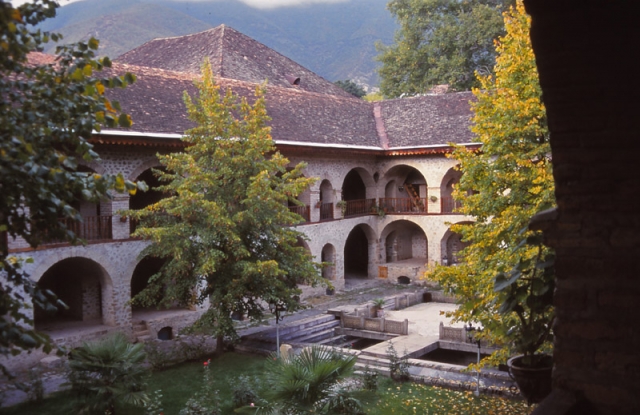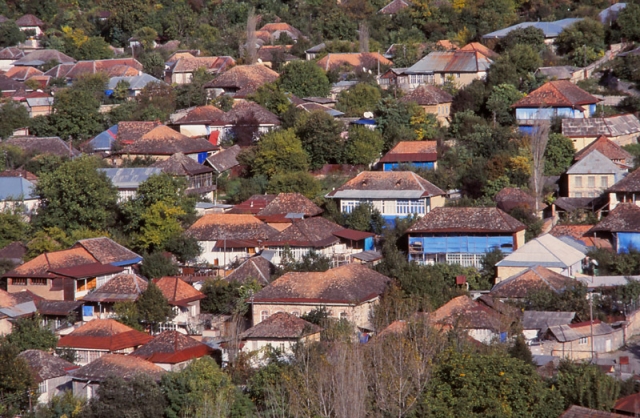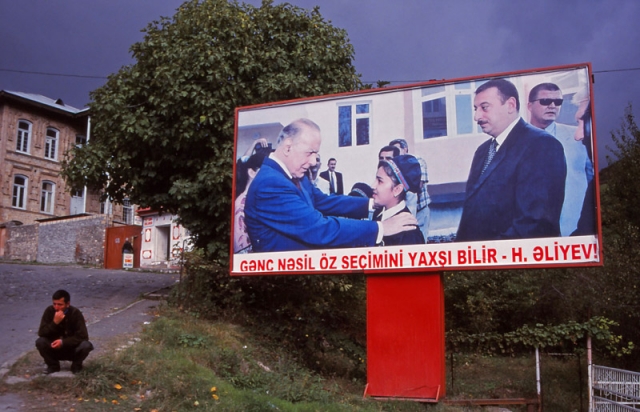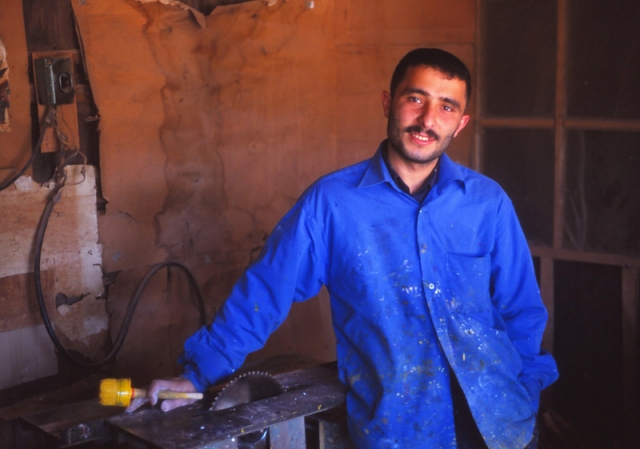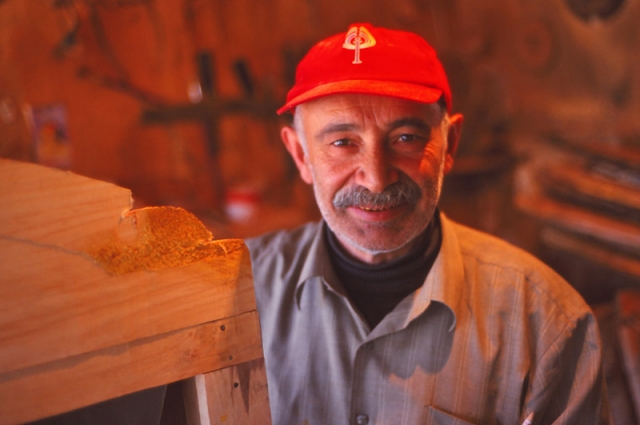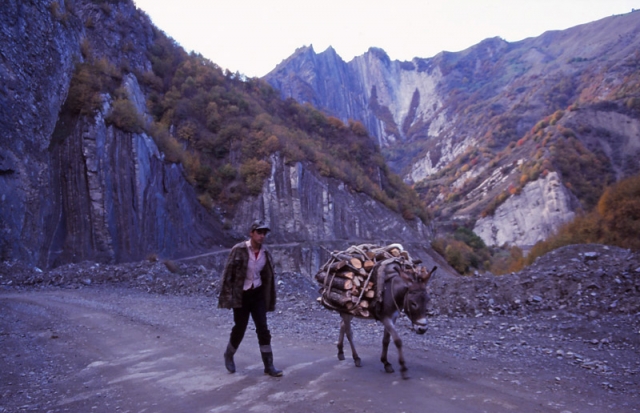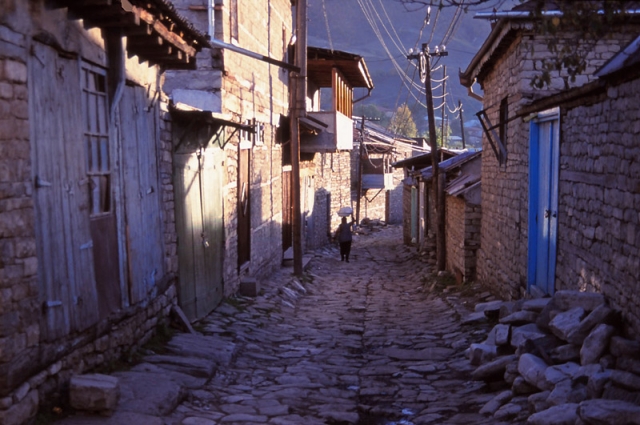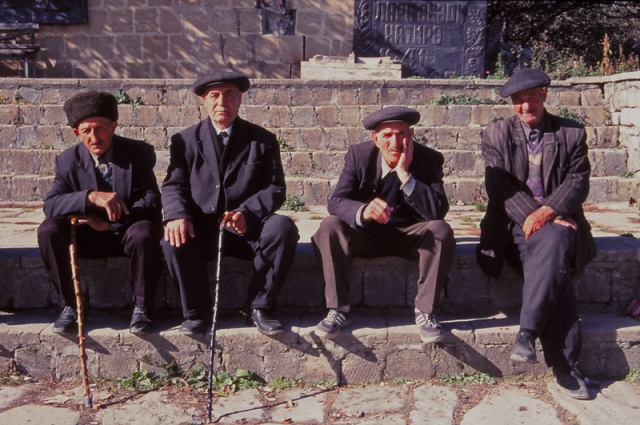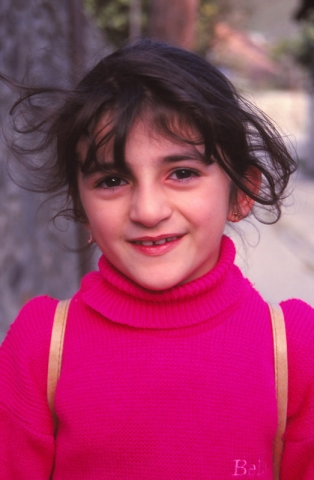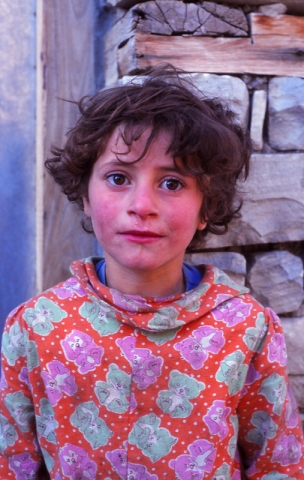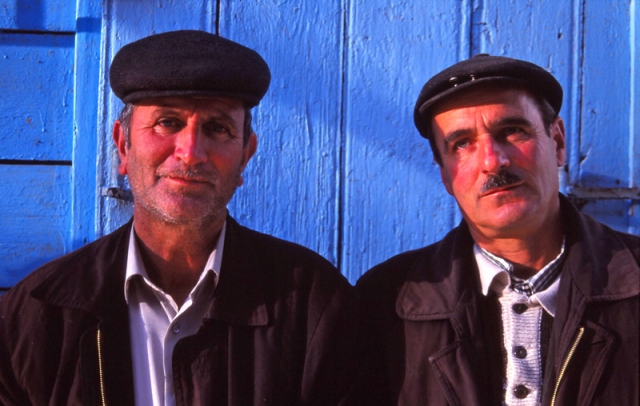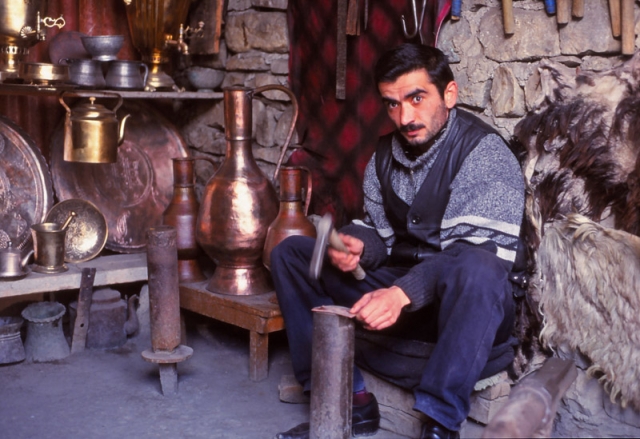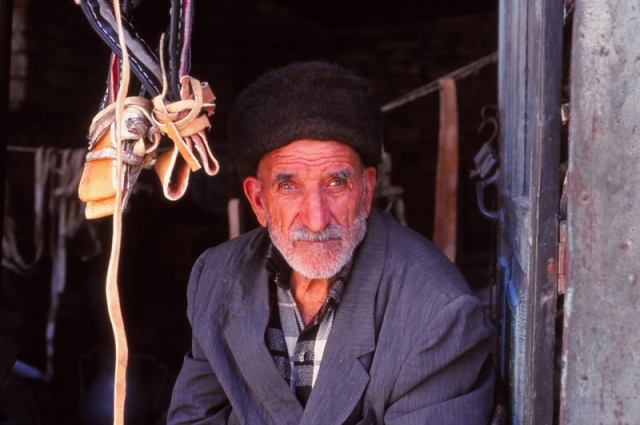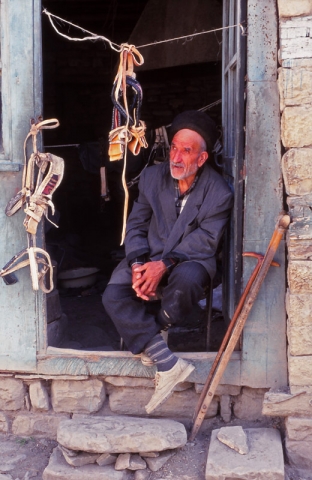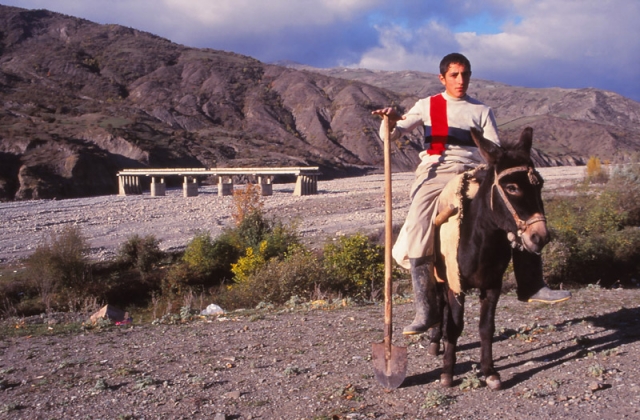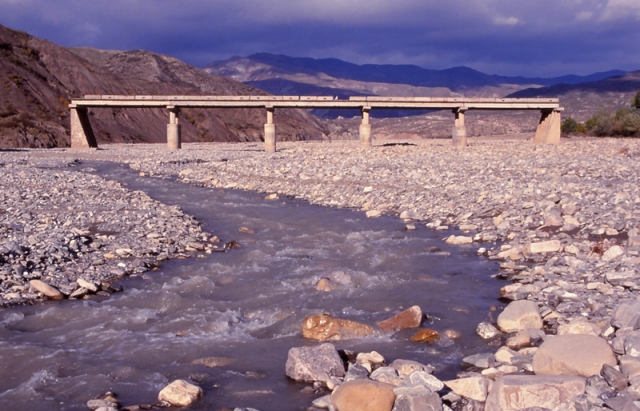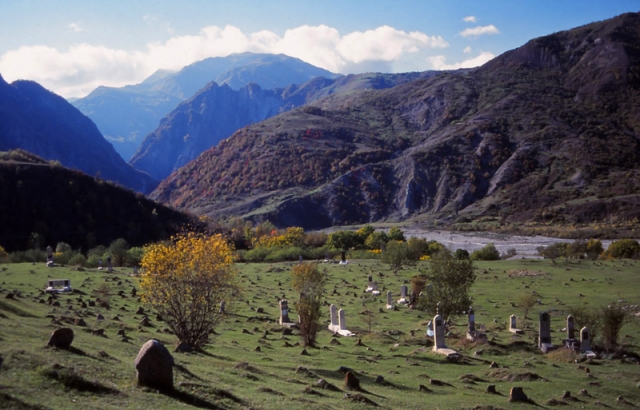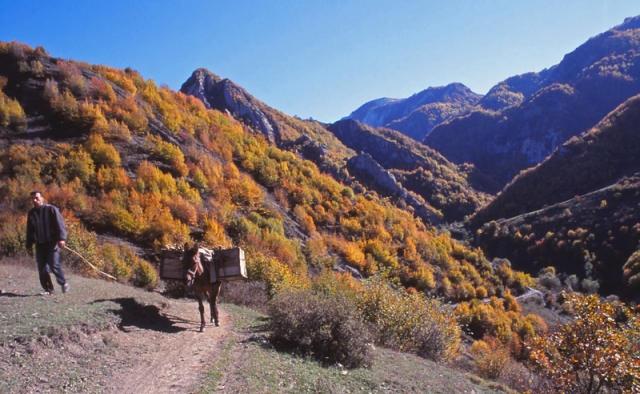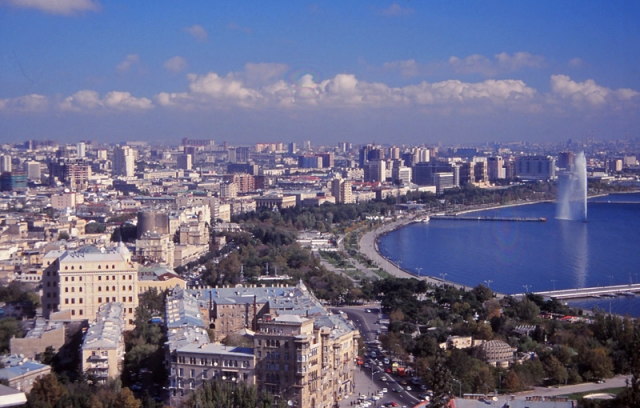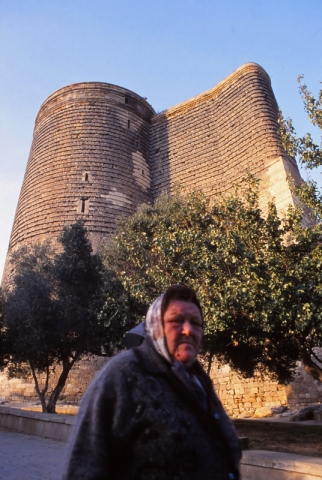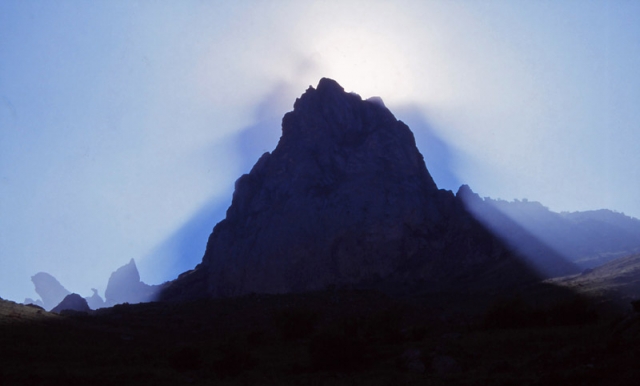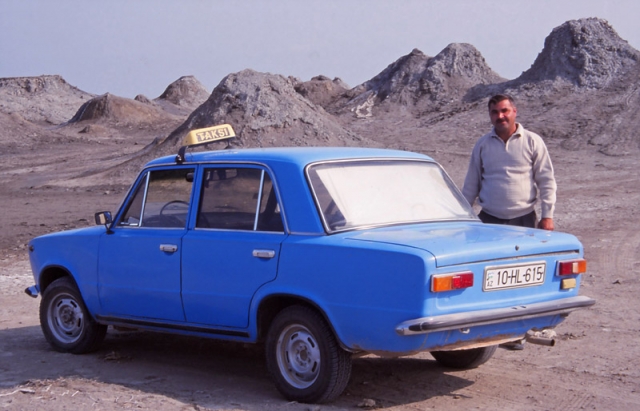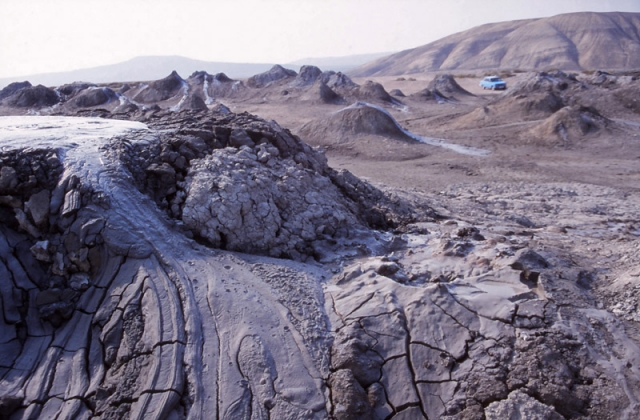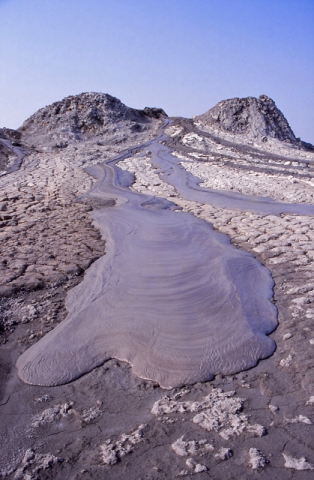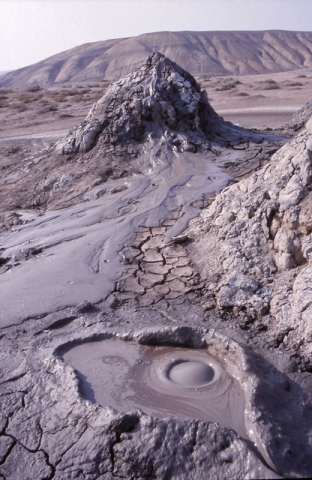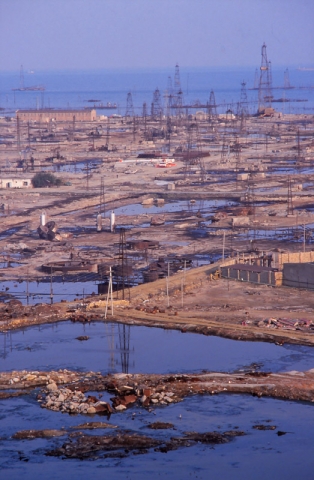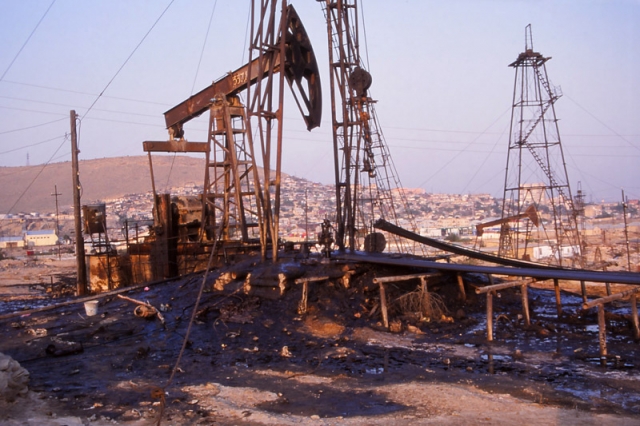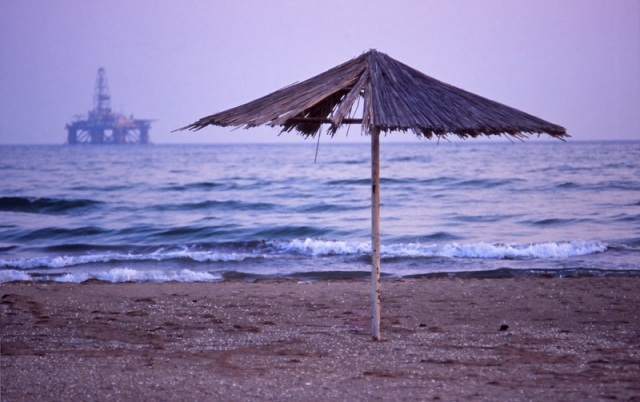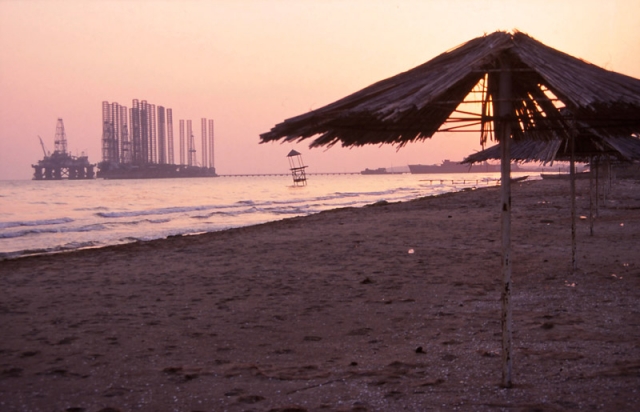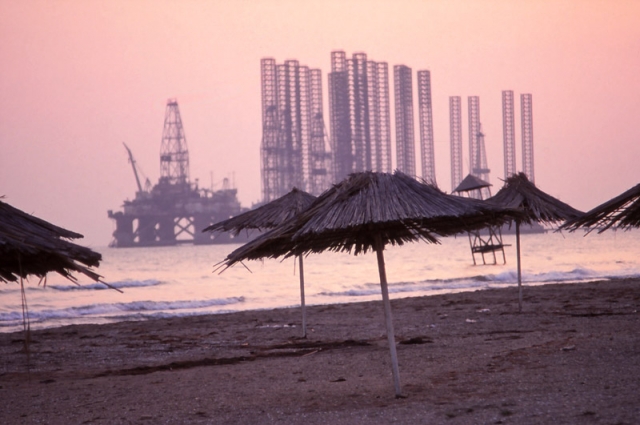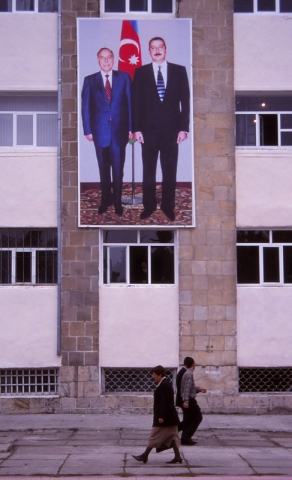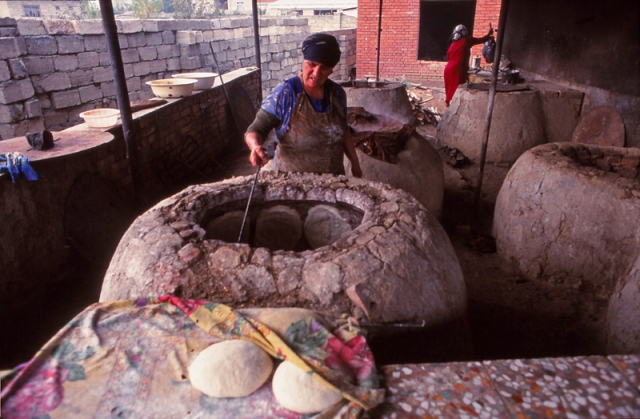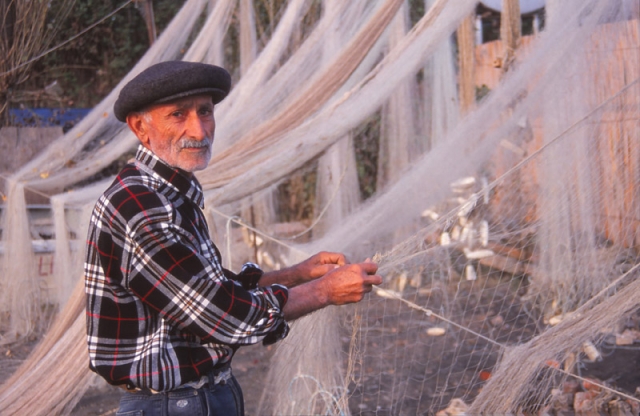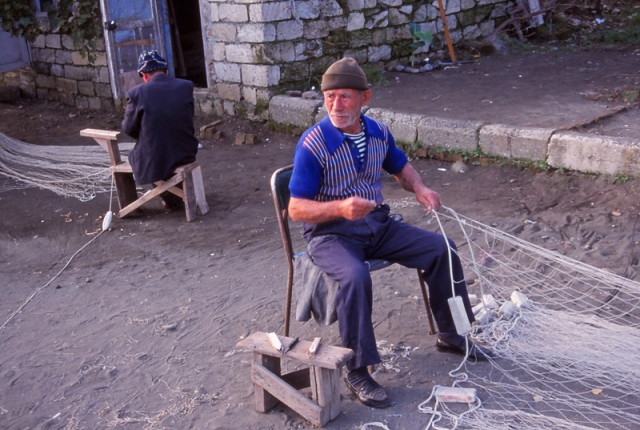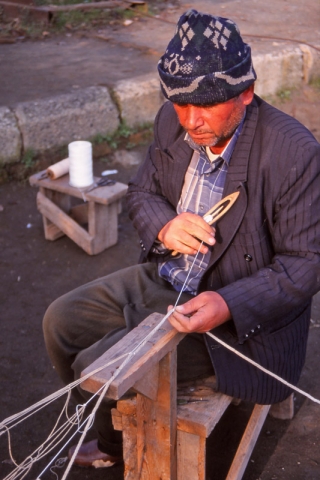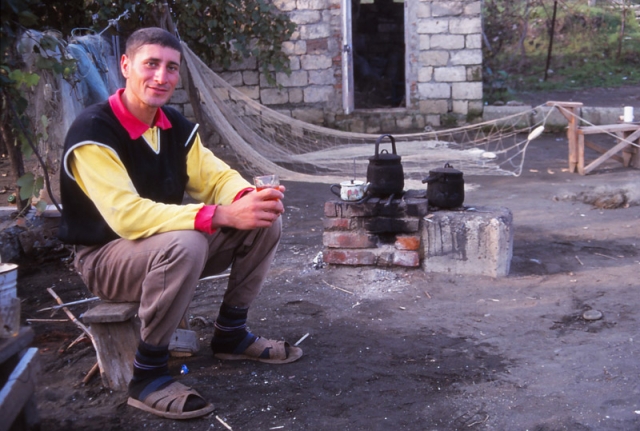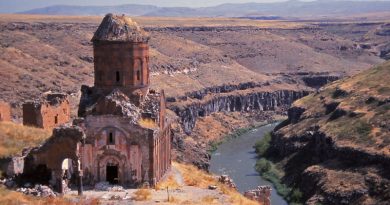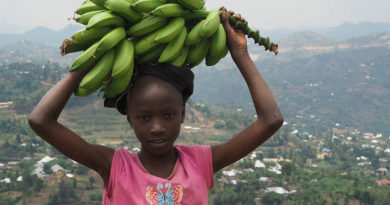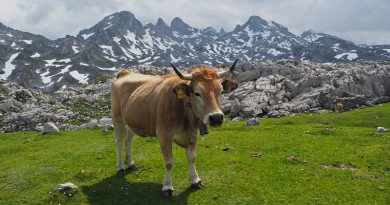Azerbaijan in pictures
| Travel in a time of coronavirus I started this blog as a celebration of our crazy, fabulous planet, but with Covid-19 closing borders for months, possibly years, any new adventures are on hold for the foreseeable future. So, in the meantime, I’ll be delving into my travel diaries and scanning my old 35mm slides to bring you some stories and photos from the past 25 years. |
If you want to know what Azerbaijan is like, just imagine a miniature version of Turkey after 70 years of Russian communist rule but run by the mafia with crazy amounts of oil.
That is, of course, a massive over-simplification, but it’s not too far off the truth.
Azerbaijan, a country about a third the size of New Zealand with a population of 10 million, regained its independence from the Soviet Union in 1991. It is located — depending on how you look at it — in the northwestern corner of Asia or the very southeastern corner of Europe.
The Azerbaijanis form part of a 5000-kilometre-long chain of Turkic peoples who stretch all the way from the Balkans to western China.
They share with their cousins in neighbouring Turkey the same religion (Sunni Islam), the same obsession with tea and Turkish baths, and languages which are so similar they might as well be dialects.
Those linguistic connections were strengthened in 1991 when Azerbaijan dropped the Russian alphabet imposed by the Soviets and adopted a modified Latin alphabet instead, like Turkish but with one extra letter (the curious upside-down ə).
During my short stay it was hard to tell how much of a mark the Soviet Union had left on Azerbaijan. A few things were obvious — the Russianised names, a far more secular society than Turkey, and the fact you can buy vodka even at the tiniest newsstand — but otherwise 70 years of Soviet control seems to have left surprisingly little trace.
[Story continues below the photo gallery]
Azerbaijan has always been rich in oil, especially along the Caspian Sea coast, but the industry has boomed in recent decades.
When I visited in 2004 the capital, Baku, still looked like a provincial Soviet city. Since then oil has transformed the city beyond recognition, creating a ridiculously wealthy elite and a futuristic skyline blending western mirror glass towers with eastern motifs.
That wealth, however, hasn’t been evenly spread, and outside Baku life is still fairly simple. Oil certainly hasn’t brought democracy or respect for human rights, and if anything it has entrenched dictatorship.
With so much wealth at stake there’s no way the Aliyev family, who have ruled the country since 1993, will loosen their grip on power.
When president Heydar Aliyev died in 2003 the job of running the country passed seamlessly to his son Ilham Aliyev. His wife, Mehriban Aliyeva, is the current vice president.
Opposition politicians are regularly arrested and during the 2013 elections an official smartphone app run by Azerbaijan’s Central Election Commission accidentally released the results — one day before voting started. Oops.
By contrast, Azerbaijan’s neighbour, Georgia, has no oil and few other natural resources (unless you count gorgeous scenery and a unique culture) but its people are allowed to choose their own governments, live under the rule of law and can say what they think without fear. That’s the curse of oil.
Despite all that Azerbaijan is a fabulous place to visit.
The scenery ranges from the 4000-metre-high peaks of the Caucasus Mountains in the north to semi-desert in the west and Caspian Sea beaches in the east.
The mountains are sprinkled with gorgeous little towns and villages like Lahıc, where coppersmithing is still the main industry and the cobbled main street is so narrow donkeys are the only useful form of transport, and Şeki, where I stayed in a caravanserai straight out of a Silk Road fable for just 30,000 manat (NZ$6) a night.
At Qobustan mud bubbles from a field of bizarre mud volcanoes; at Beşbarmaq Dağ holy women offer blessings as they perch on top of a mountain sacred since pagan times; and in Astara the groundwater is so saturated with natural gas you can stick a match to a running tap and watch the water burn.
And while it’s not exactly a tourist attraction, in the oil fields south of Baku you can wander around in scenes of environmental destruction so complete it’s like being in a post-apocalyptic movie set. Or, if you’re keen, you can take a dip at Baku’s premier beach while giant oil rigs loom just offshore.
Above all, the Azerbaijani people, like Muslims everywhere, are welcoming and hospitable. Be prepared for endless offers of cups of tea. You might even be invited to stay the night.
For more about the mountain village of Lahıc, read my story The sound of metalwork.


